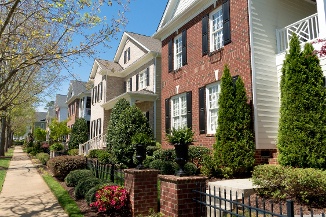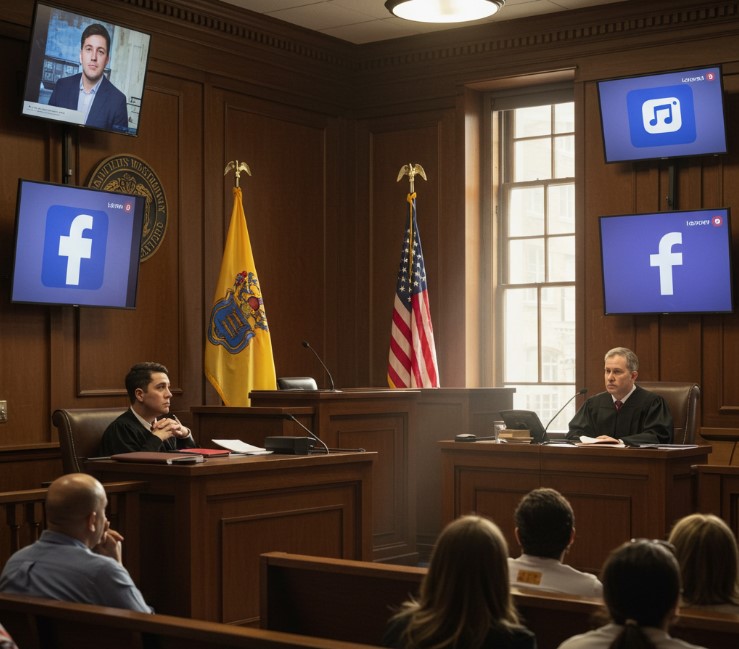Can your community association be held liable for injuries caused by poorly maintained sidewalks? According to the most recent State Supreme Court decision on this issue, yes, if the association owns the sidewalks within the community.
Recently, New Jersey’s Supreme Court clarified that community associations containing private sidewalks have an obligation to maintain those sidewalks in reasonably safe condition. With the colder months approaching, community associations containing private sidewalks ought to take precautionary steps now to ensure timely and thorough ice and snow removal, as well as any year round repairs due to tree root lifting and other wear-and-tear damage. An association’s failure to properly maintain its private sidewalks may expose the association to liability for sidewalk injuries.
At common law, property owners, whether commercial or residential, were under no duty to keep the public sidewalk adjoining their premises free of snow and ice. Therefore, property owners could not be held liable for the condition of sidewalks attributable to wear and tear or weather conditions. An exception to this rule was carved out for commercial property owners in Stewart v. 104 Wallace St., Inc., 87 N.J. 146 (1981). The Stewart Court held that commercial property owners would be liable for injuries on sidewalks abutting their property caused by their negligent failure to maintain the sidewalks in “reasonably good condition.” Therefore, commercial property owners now have a duty to take reasonable measures to maintain a public sidewalk for the safety of pedestrians, including removal of snow or ice.
In Luchejko v. City of Hoboken, 207 N.J. 191, 211 (2011), a case involving a pedestrian who slipped on ice on a public sidewalk abutting a residential condominium building, New Jersey’s Supreme Court reaffirmed that residential property owners do not have a duty under common law to clear snow or ice from a public sidewalk. The failure to do so does not expose residential property owners to tort liability, even if a municipal ordinance requires residential owners to clear their sidewalks.
More recently, New Jersey’s Supreme Court considered whether public sidewalk immunity bars a plaintiff from pursuing a personal injury action for an accident caused by icy conditions on a private sidewalk owned or controlled by a Homeowners Association of a common-interest community. In Qian v Toll Brothers, Inc., ____ N.J. ___ (2015), the Court identified a number of distinguishing factors from Luchejko. First, the Homeowners Association owns the private sidewalk on which the plaintiff was injured. Second, the Association’s by-laws define sidewalks as part of the common area, and the Association collects maintenance fees to ensure the safety of all common property, including sidewalks. And third, the Association was required to secure liability insurance covering its private sidewalks. Therefore, while the condominium association in Luchejko had no common-law duty to take reasonable measures to clear the adjacent public sidewalk of snow and ice, the Court concluded that the Homeowners Association in Qian has an affirmative duty to keep its private sidewalks reasonably safe.
Thus, both commercial property owners with adjacent public sidewalks and community associations containing private sidewalks have an obligation to maintain those sidewalks in reasonably safe condition. Failure to do so will expose them to liability for sidewalk slip and falls and other injuries.
Learn more about Community Association Law.













